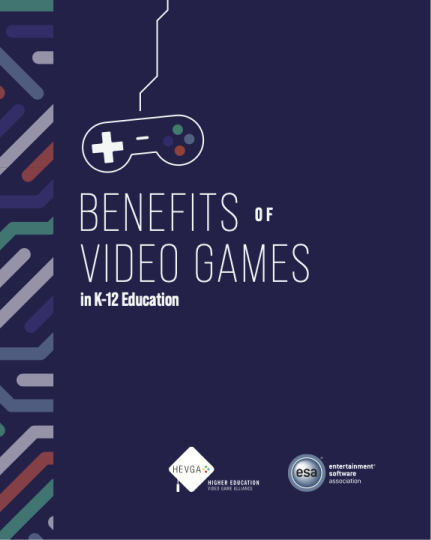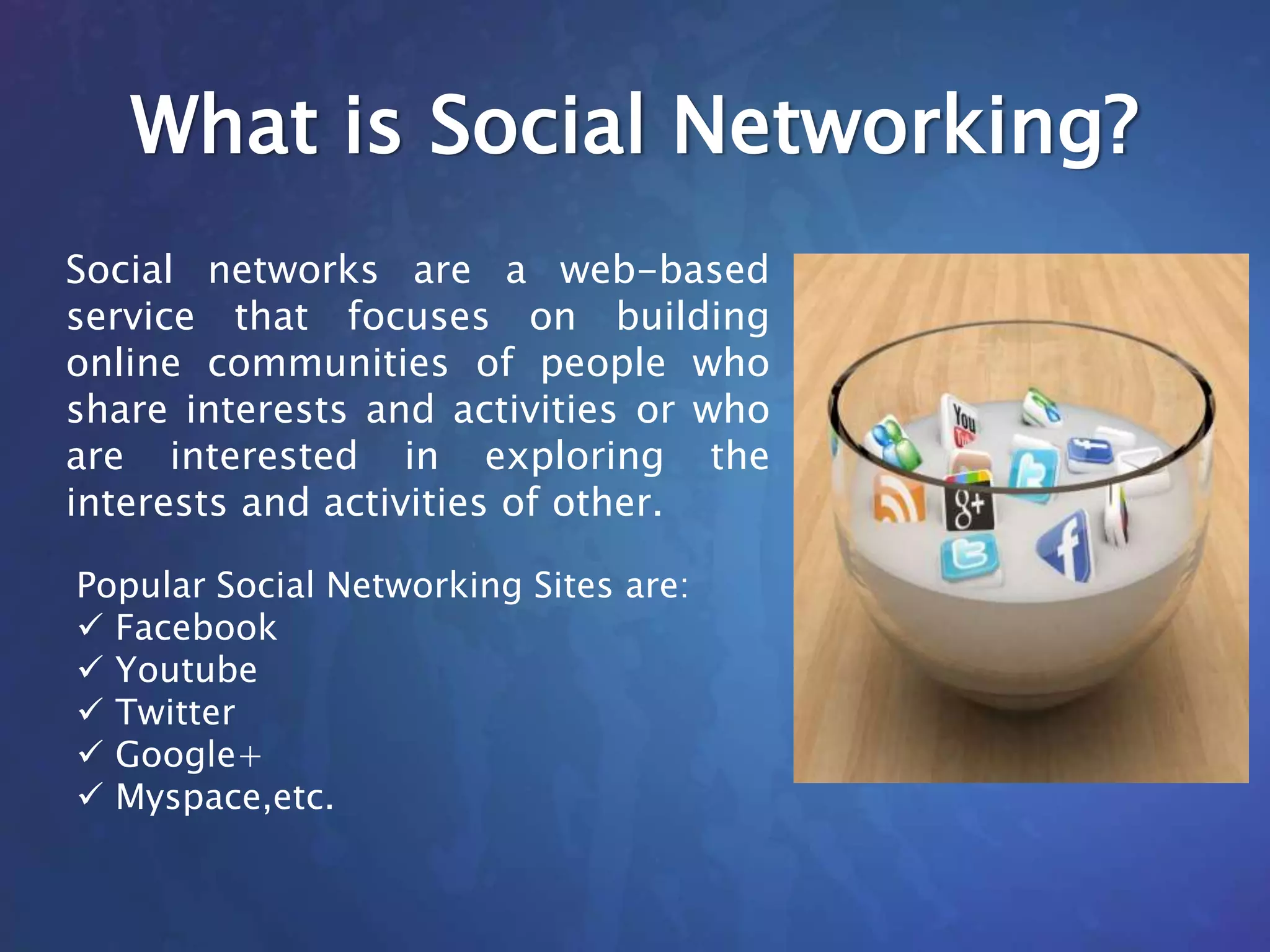Here’s a detailed summary of what recent world‐academic research says about the benefits of educational games. I’ve grouped them by type (cognitive, motivational, social, etc.), noted what is well supported and where there are still gaps. If you like, I can pull together specific article references for your bibliography.

What are educational games?
“Educational games” covers a variety of formats: serious games, gamification elements, digital simulations, board or analog games used for learning, etc. These are designed with learning goals in mind (skills, knowledge, behaviour) beyond pure entertainment.
Major Benefits Documented
Here are the key benefits found in the literature, along with evidence and caveats.
| Benefit | What is Observed / Supported by Studies | Key Evidence & Notes |
|---|---|---|
| Cognitive gains (knowledge, skills, understanding, critical thinking) | Many studies show educational games help with knowledge acquisition, mastering concepts, deeper understanding, improved problem‑solving. In some cases, games can produce results as good or better than traditional instruction. (SpringerLink) | For example: Learning Newtonian mechanics with an intrinsically integrated educational game found significant learning gains. (arXiv) |
| Motivation, engagement, affective outcomes | Increased motivation, increased attention, more interest in the subject, better attitudes toward learning. Games often make difficult subjects more approachable. (Frontiers) | The Application of the Educational Game to Enhance Student Learning showed that games can improve motivation and make students more positively disposed toward lessons. (Frontiers) |
| Retention & understanding | Because of interactivity, immediate feedback, multi‑sensory components, and active involvement, games tend to help with retention of information and understanding of complex concepts. (Frontiers) | The Newtonian mechanics game (above) also found transfer (though for very similar tasks/environments). (arXiv) |
| Affective & Behavioral Domains (Soft Skills etc.) | Educational games often promote behavioural outcomes like perseverance, self‑efficacy, confidence. Also social skills like collaboration, communication, sometimes leadership. Emotional benefits include less anxiety, more positive feelings in class. (SpringerLink) | The systematic review The effect of games and simulations on higher education found effects in affective and behavioural domains along with cognitive ones. (SpringerLink) |
| Brain health / Executive functions | Some emerging work shows that educational games may improve executive control (attention, working memory), brain plasticity, perhaps even structure & function of brain (though these effects are less well established). (Frontiers) | The article Educational games for brain health reviews this potential. (Frontiers) |
| Flexibility, accessibility, anytime learning | Games accessible on mobile devices/tablets allow learning outside the traditional classroom/time constraints. Useful for remote learning or for self‑paced learning. Immediate feedback is also a plus. (Frontiers) |
Limitations, Challenges & Conditions
To interpret the benefits properly, several caveats are in the literature:
- Quality of design matters
Not all educational games are equal. Those with poorly aligned learning goals, inappropriate difficulty levels, bad feedback, or overly gamified but shallow content may fail. (arXiv) - Transferability
While games often show gains in knowledge or skills within the game or in similar contexts, transferring that learning to different or more abstract situations is often limited. (arXiv) - Motivation vs performance
Games tend to reliably increase engagement and motivation; the link between motivation and actual learning gains is there, but it can be inconsistent. Some studies show improvements in test scores; others show motivational boosts with less clear learning improvements. (arXiv) - Age, subject matter, context matters
Younger learners often benefit differently than older ones; STEM subjects might get more benefit in some settings; also cultural/contextual differences in attitudes toward games, resources (devices, internet) affect outcomes. (IJSSES) - Methodological limitations
Many studies have small samples, short durations, sometimes lacking in rigorous control groups. Bias in reporting. More RCTs (randomized controlled trials) are needed. (PubMed)
Recent Meta‑Analyses & Systematic Reviews
- The effect of games and simulations on higher education (Systematic Literature Review) found generally positive effects in cognitive, affective, and behavioural domains. (SpringerLink)
- The Impact of Educational Games on Learning Outcomes: Evidence From a Meta‑Analysis (2024) compared serious games vs gamification: gamification had stronger influence on extrinsic motivation and learning achievement, serious games were better for intrinsic motivation. (IGI Global)
- Educational games for brain health points toward potential neurological/psychological benefits beyond just content learning (e.g. executive function) though this is less established. (Frontiers)
Implications / Suggestions
Based on the evidence, here are what many researchers suggest to maximize the benefits:
- Ensure alignment between game mechanics and learning goals (intrinsic integration).
- Adaptive difficulty: match challenge to learner level.
- Provide meaningful feedback.
- Use games as part of blended learning (not instead of all traditional methods).
- Regular assessment of transfer to other contexts.
- Design for motivation but avoid shallow gamification that distracts from learning.
- Consider affordances: device availability, student backgrounds, context.
Certainly! I’ll draft an approx 1500‑word article summarizing the benefits of educational games, drawing on recent global studies and systematic reviews. If you like, I can adjust it for a particular region (e.g. Pakistan) after. Here goes:
The Benefits of Educational Games: What the Research Tells Us
In recent decades, educational games—digital or analog, serious games, simulations, gamified learning—have moved from novelty to being central in many teaching & learning environments. A growing body of empirical research shows that they offer multiple benefits across cognitive, emotional, social, and behavioral dimensions. This article synthesizes recent global findings, outlines what works well, what the limitations are, and what implications this has for educators, policy makers, and game‑designers.
What Do We Mean by “Educational Games”?
“Educational games” is a broad umbrella. It includes games (digital, non‑digital) deliberately designed with learning objectives; gamified components (e.g. badges, leaderboards, challenges) embedded in instruction; simulations; serious games; game‑based assessments. Their purpose is not merely entertainment but to support learning—conceptual understanding, skills, attitudes, behaviour.
Key Benefits Documented in Recent Research
Below are several categories of benefit that are repeatedly reported in recent studies, with supporting evidence.
1. Cognitive Gains
- Knowledge acquisition & comprehension: Many studies show that students who learn via well‑designed educational games perform equal or better in understanding core subject matter than those in traditional instruction. For example, a large meta‑analysis in STEM (33 studies, 3,894 students) found a moderate effect (effect size ≈ 0.667) favoring digital game‑based STEM education over conventional methods. (SpringerOpen)
- Retention & long‑term memory: Because games often allow for repetition, immediate feedback, and engaging multi‑modal stimuli, they tend to support better retention of content. Some studies show that learning via games leads to knowledge that persists beyond the immediate post‑test. (Though monitoring how much it fades over time is still a concern.)
- Higher order thinking & problem solving: Especially in serious games and simulations, students can develop analytical thinking, problem-solving, and decision‑making skills. Studies in primary education and higher education show games help students apply knowledge, not just recall facts. For example, the review “The Impact of Serious Games on Learning in Primary Education” (54 studies) reported significant learning achievements. (IJLET)
2. Social, Emotional, and Affective Benefits
- Motivation & engagement: One of the most consistent findings is that games increase learner (intrinsic) motivation, sustain attention, make learning more enjoyable, reduce perceived effort. The same primary‑education serious games review pointed out high levels of motivation, interest, commitment, fun. (IJLET)
- Emotional regulation & reduced anxiety: Games can lower anxiety in difficult subjects (e.g. mathematics). Some evidence suggests that games make learners more willing to take risks, make mistakes, and persist. Also emotional skills (such as managing frustration) can be improved.
- Social skills & collaboration: Multiplayer games, simulations, or board games often involve cooperation, discussion, peer‑feedback. These promote communication, teamwork, and sometimes leadership skills. Furthermore, for learners with special needs (e.g. autism), serious games aimed at social skills training have shown promise. (ScienceDirect)
3. Behavioral & Practical Outcomes
- Behavior change & attitude shifts: In domains like health education, games have been used to affect behaviour—e.g. oral hygiene, dietary habits. A systematic review in dental/oral health found that both online and offline educational games improved knowledge, satisfaction, and in many cases behavior. (J Clin Med Images)
- Engagement with learning tasks: Games often lead learners to spend more time on task, explore material more deeply, and engage in practice that might otherwise be avoided.
- Self‑efficacy and confidence: Success in a game environment, especially when scaffolded or adaptive, helps learners believe in their ability to learn and accomplish tasks; this translates often to higher confidence in class and other learning situations.
4. Specific Domains & Populations
- STEM education: As mentioned, STEM subjects (science, technology, engineering, mathematics) tend to show strong positive effects with digital game‑based learning. Challenges in abstract concepts, complex problem solving are often better addressed with simulations or interactive game environments. (SpringerOpen)
- Early childhood: Game‑based learning in early childhood helps not just cognitive skills (memory, attention, numeracy, literacy) but social, emotional, and motivational outcomes. A 2024 meta‑analysis of early childhood found moderate‑to‑large effects across these dimensions. (Frontiers)
- Special populations: People with learning disabilities, or autistic individuals, benefit from well‑designed educational games. For instance, games for improving basic reading and maths among those with learning disabilities show positive improvements. (Bera Journals) And serious games targeting social skills in autism have shown efficacy. (ScienceDirect)
What Makes Educational Games Effective?
Not all educational games are equally effective. Research highlights several design and implementation features that tend to make a difference:
- Alignment with Learning Objectives
The game’s mechanics, feedback, challenges should map clearly to the knowledge or skill to be learned. If game is fun but content is peripheral, learning is weaker. - Adaptive Difficulty and Scaffolding
Games that adjust difficulty to learner’s current level, or provide bridges/scaffolding, tend to lead to better outcomes. - Immediate Feedback & Reflection
Feedback during the game, and opportunities for students to reflect on what they’ve done (why something worked / didn’t) increase transfer and understanding. - Motivation & Engagement Elements
Elements such as rewards, choice, narrative, interesting visuals help. But these must not distract from learning; superficial gamification (badges, points) without solid content may boost interest but less so learning. - Social Interaction
Cooperative or competitive modes, peer collaboration, discussion enrich the learning process in many contexts. - Frequency & Duration
One‑off games show less impact than repeated/ongoing use. Longer interventions, revisits, integration into curriculum matter. - Teacher Involvement & Support
Teachers who understand and support the game, integrate it into lessons, and guide students perform much better than when games are just “added on.” Teacher training matters.
Limitations, Risks, and Gaps in the Research
To be fair, the research also identifies several limitations, caveats, or situations where results are mixed or weaker. Recognizing these helps ensure realistic expectations and better implementation.
- Methodological Issues: Small sample sizes, short duration studies, absence of control groups in many studies. For example, the review of educational games in medical education (BEME Guide No. 14) found only five RCTs meeting criteria, and results were not conclusive for all outcomes. (PubMed)
- Transferability & Generalization: Gains often appear in contexts similar to the game. But ability to generalize to more abstract tasks or different settings is less certain.
- Sustainability & Fading Effects: Motivation or performance gains may decline over time if the novelty wears off or if the game is not continually supported. Longitudinal data are relatively lacking.
- Overemphasis on Surface Features: Games with flashy visuals but weak pedagogical scaffolding or weak alignment with learning goals sometimes underperform. Superficial gamification (badges, leaderboards) without content richness is limited in effect.
- Access & Equity: Availability of required technology (computers, tablets, internet), cost, digital literacy can be limiting in many regions.
- Possible Negative Effects: Competition can raise anxiety for some learners; overuse of reward systems can shift focus from learning to external rewards; distractions if game play is not well bounded.
Recent Global Evidence
Here are some of the most recent systemic findings:
- Meta‑analysis of digital game‑based STEM education (33 studies, almost 4000 learners): moderate effect size in favor of game‐based learning over traditional instruction. (SpringerOpen)
- Game‑based learning in early childhood: moderate to large effects on cognitive, social, emotional, motivation, engagement outcomes. (Frontiers)
- Serious games in primary education: positive impact on cognition and learning achievement; high motivation; but potential anxiety from competition. (IJLET)
- Board games: A review of 27 trials found board games improve knowledge, cognitive functions, interpersonal interaction, and motivation, though effect sizes vary considerably. (PubMed)
- Health professions: Studies suggest positive impact of games on teaching/learning, but current assessment tools are often not fully capturing all learning gains. (PubMed)
Implications for Educators, Policy Makers, Game Designers
Given the evidence, there are clear implications for how to use educational games most effectively:
- Integrate, don’t just add: Embed games into the curriculum—tie them to learning goals, assessments, teacher plans—not just as optional extras.
- Provide teacher training & support: For teachers to facilitate, moderate, debrief, and align game‑based learning with other components of instruction.
- Ensure inclusive design & equity: Consider access issues: cost, technology, learners with different needs (learning disabilities, socio‑economic status). Games should be accessible and culturally relevant.
- Measure outcomes holistically: Beyond test scores; look also at motivation, attitudes, social skills, emotional development. Use robust methods: controls, longitudinal follow‑ups.
- Sustainability & iteration: Games should be revisited, updated, improved based on feedback. Design for long‑term engagement, not just novelty.
- Balance fun & rigor: A game must be enjoyable to engage students, but pedagogical rigor must not be sacrificed.
Conclusion
The research over recent years strongly indicates that educational games, when well designed and well implemented, can provide significant benefits: they support knowledge acquisition and retention; improve motivation, engagement; help social and emotional development; promote behavioral changes; and serve different learner populations, including young children and those with special needs.
However, the magnitude of benefits depends heavily on how the game is designed, how it is used, and the context. There are still important gaps—especially around long‑term effects, transfer to different settings, and rigorous methodological evidence in many contexts.
For educators and designers hoping to leverage educational games, the message is: focus on quality, alignment, accessibility and support. Used wisely, educational games are not a replacement of other methods but a powerful complement.
If you like, I can send you a full list of recent meta‑analyses and reviews (last 5 years) so you can pick articles to read or use.






